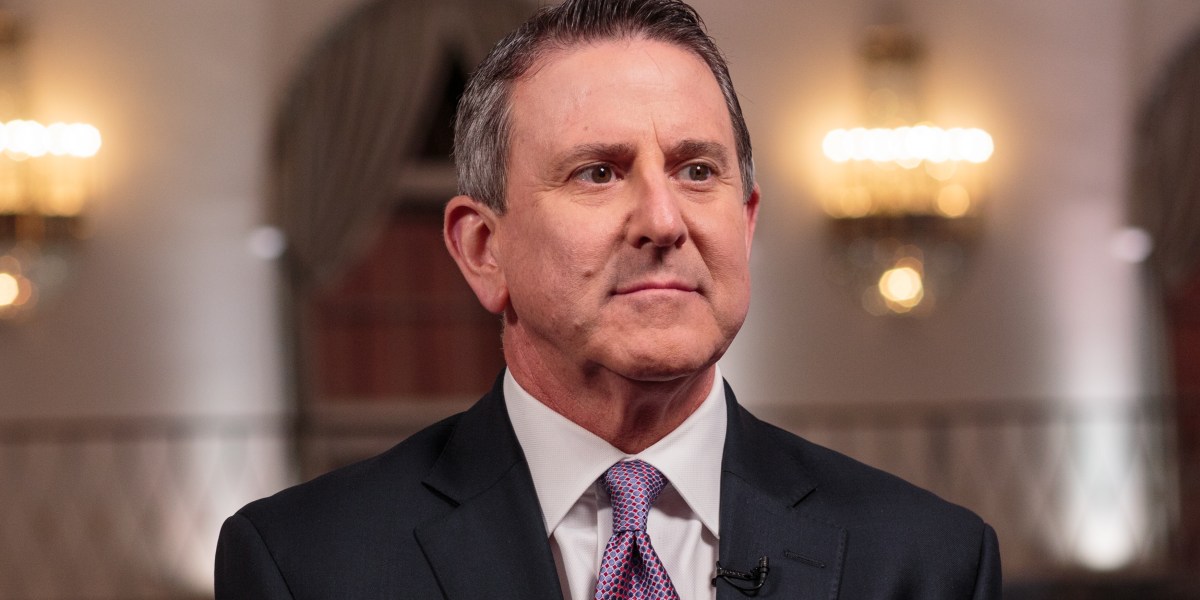Target Boycott: CEO Responds to DEI Backlash
Target's recent Pride Month collection has sparked a significant consumer backlash, leading to a widespread boycott and intense debate about corporate social responsibility and diversity, equity, and inclusion (DEI) initiatives. The controversy highlights the complex relationship between brands, social issues, and consumer preferences, forcing companies to navigate a precarious balancing act between expressing values and maintaining profitability. This article delves into the Target boycott, analyzes the CEO's response, and explores the broader implications for businesses.
Understanding the Backlash
Target's Pride collection, featuring merchandise from LGBTQIA+ designers and allies, ignited a firestorm of criticism on social media and beyond. Many consumers expressed disapproval, citing concerns about the collection's inclusivity (or lack thereof) and its perceived inappropriateness for children. This led to a significant drop in Target's stock price and widespread calls for a boycott. The controversy wasn't simply about the products themselves; it tapped into deeper societal divisions and pre-existing anxieties surrounding gender identity and LGBTQIA+ rights.
The Role of Social Media
Social media platforms played a crucial role in amplifying the backlash. Viral videos and posts exaggerated certain aspects of the collection, contributing to a narrative that was often misleading and inflammatory. This rapid spread of misinformation created a powerful emotional response, driving boycotts and further polarizing public opinion. The speed and reach of online platforms made it challenging for Target to effectively counter the negative narratives.
CEO's Response and its Effectiveness
Target's CEO, Brian Cornell, addressed the situation in a statement acknowledging the challenges and expressing the company's commitment to inclusivity. While he didn't directly apologize for the collection, he emphasized the company's intent to create a welcoming environment for all customers. The effectiveness of this response is debatable. While some saw it as a measured attempt to de-escalate the situation, others criticized it for lacking a direct acknowledgment of the concerns raised by critics.
Analyzing the Communication Strategy
The company's communication strategy appears to have been reactive rather than proactive. The initial response was slow, allowing the negative narrative to gain momentum. While the subsequent statement aimed to clarify the company's position, the damage had already been done. This highlights the crucial need for businesses to develop robust crisis communication plans capable of addressing rapid-fire public relations challenges in the age of social media.
The Broader Implications for Businesses
The Target boycott serves as a cautionary tale for other corporations navigating the complex landscape of DEI initiatives. It underscores the potential risks associated with expressing strong stances on social issues, particularly those that are highly divisive. Companies must carefully weigh the potential benefits of aligning with social causes against the potential costs of alienating significant portions of their customer base.
Balancing Values and Profitability
Striking a balance between upholding corporate values and ensuring profitability is a significant challenge. Businesses must engage in thorough market research and carefully assess the potential risks and rewards before launching initiatives that touch upon sensitive social issues. This includes considering different perspectives and engaging in open dialogue with stakeholders, including customers, employees, and community members. A nuanced understanding of public sentiment and careful communication strategies are crucial to successfully navigate these challenges.
Looking Ahead: Lessons Learned
The Target boycott offers valuable lessons for businesses:
- Proactive communication is key: Don't wait for a crisis to unfold before addressing potential concerns.
- Engage in thorough market research: Understand the potential impact of your initiatives before launch.
- Develop robust crisis communication plans: Prepare for unexpected challenges and be ready to respond effectively.
- Foster open dialogue: Engage with stakeholders to build trust and understanding.
- Embrace nuanced approaches to DEI: Avoid overly simplistic or polarizing messaging.
The Target boycott serves as a stark reminder that corporate social responsibility is a complex and evolving landscape. Businesses must navigate this space carefully, prioritizing open communication, robust market research, and a commitment to understanding the diverse needs and perspectives of their customers. Only through careful consideration and thoughtful action can companies successfully balance their values with their bottom line.
